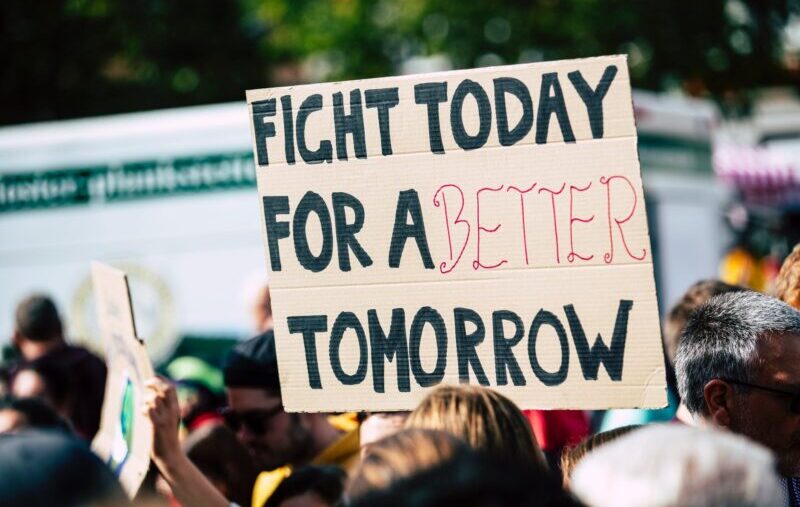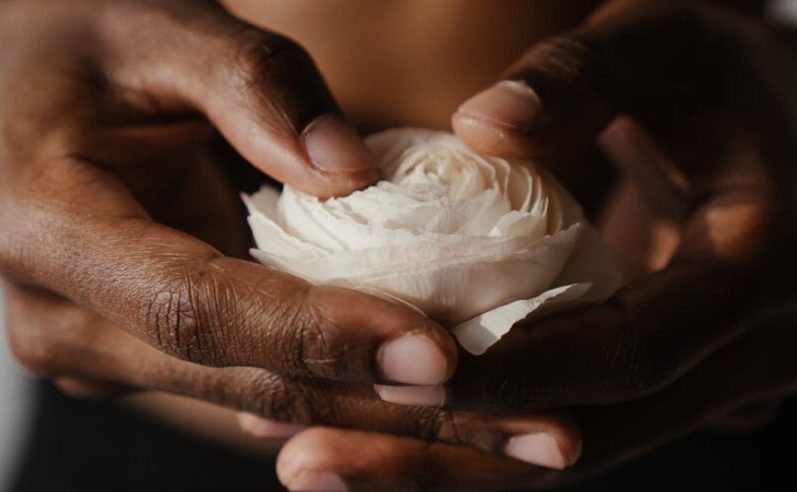I am the father of a 13-year-old son and lately it’s been a little rough. He is in the early stages of a developmental period that is referred to in psychological circles as the “second individuation.” The first “individuation” commonly happens at about 5 years old when boys work hard to separate from “mommy” and look to dad as the model of all things masculine. This is when dad becomes “Superhero” as in: “my dad is faster/stronger/smarter than your dad.”
As we all know, this idealization comes to a screeching halt not longer after puberty hits. It’s a bummer, too, because I really like being idealized. Well, at least compared to “deidealization”, another psych term for, you guessed it, the deconstruction of dad as Superhero and the reconstruction of dad as moron.
For the record, my son is a beautiful young man; handsome, kind, smart and funny. He’s a great athlete, he has many friends and he seems to be navigating the hormonal rollercoaster of puberty with a lot of grace and poise. At least he’s doing better than me.
Lately I find myself biting at everything he casts, responding automatically and emotionally rather than from the higher ground of understanding and with an empathy for the reality of the circumstances. I’m not suggesting I should be an automaton or a pushover but it serves me well to remember that I am his primary target right now because, though he loves me greatly, he has to normalize me if he’s going to normalize his own experience; if he’s going to separate from his parents well as he formulates and establishes his own identity.
And this brings me to yesterday at the beach. As my son was surfing my wife and I decided to throw the frisbee. A few minutes later he joined our game and asked me to throw to him as he dove into the waves. Following a few successful connections – well-timed throws and leaps resulting in thrilling last-minute catches before being pummelled by the waves – it hit me with a blinding flash of the obvious that I have forgotten to emphasize the single greatest opportunity I have to stay “close enough” to my son during this transition: I have forgotten about the power of simple connections.
For many dads and sons, the language of connection is spoken through many literal and repetitive acts of connection. Throwing, catching, hitting and shooting – me to you, you to me, from here to there and so on – are the shared actions through which we have established masculine intimacy and meaningful relationship. As we tossed the frisbee yesterday, celebrating our hits and laughing off our misses, I remembered that reality and welcomed the simple respite from the biological and psychological forces that are hard at work in reshaping our relationship for the shared joys and struggles yet to come.
A leadership corollary: I have yet to read the results of an employee engagement survey that doesn’t include strong statistical and anecdotal data describing the desire for more access to and interaction with senior management and more recognition for contributions to organizational goals. In short, people are repeatedly and consistently asking for more connection; simple, intimate and sincere connection – the corporate equivalent of a game of catch – that demonstrates that leaders see employees as human beings hungry to make a meaningful contribution to something worthy of their best efforts.
It seems to me that simple and consistent connection, grounded in empathy and humility, is as crucial for fathers and sons as it is for leaders and followers. Guess who has to go first?




